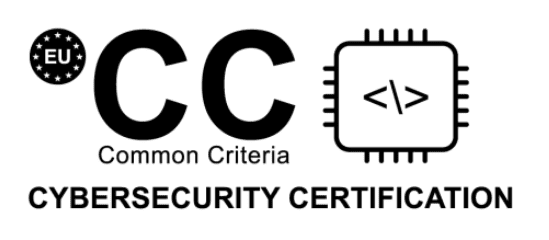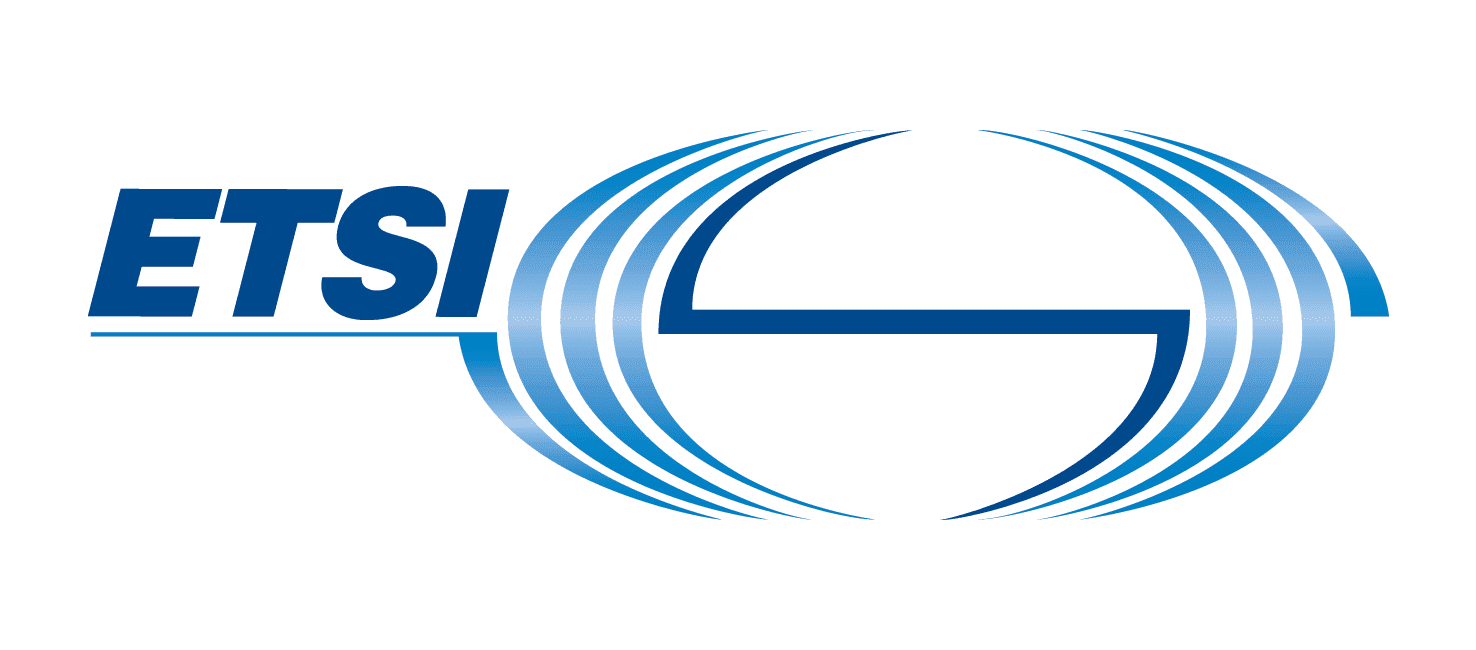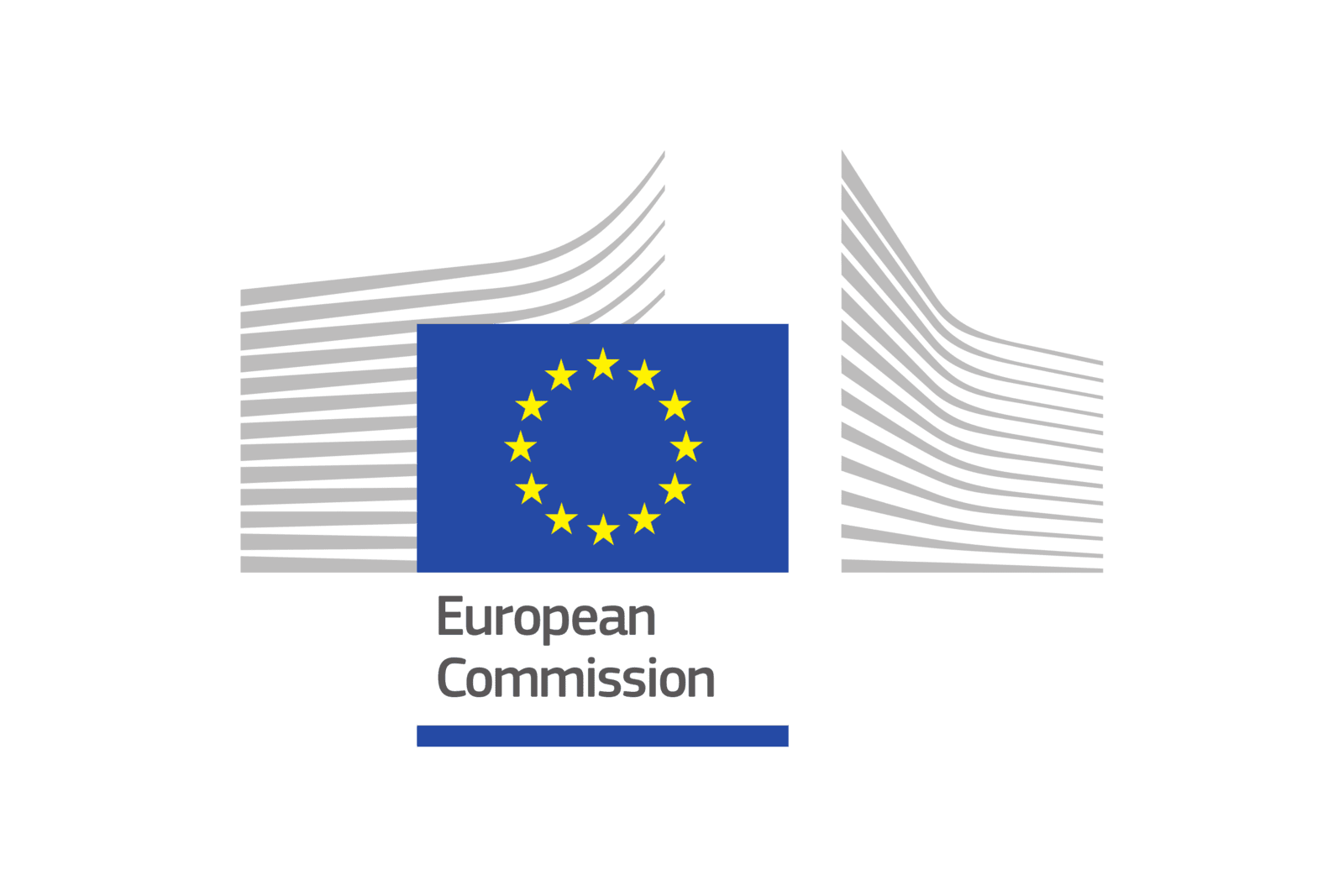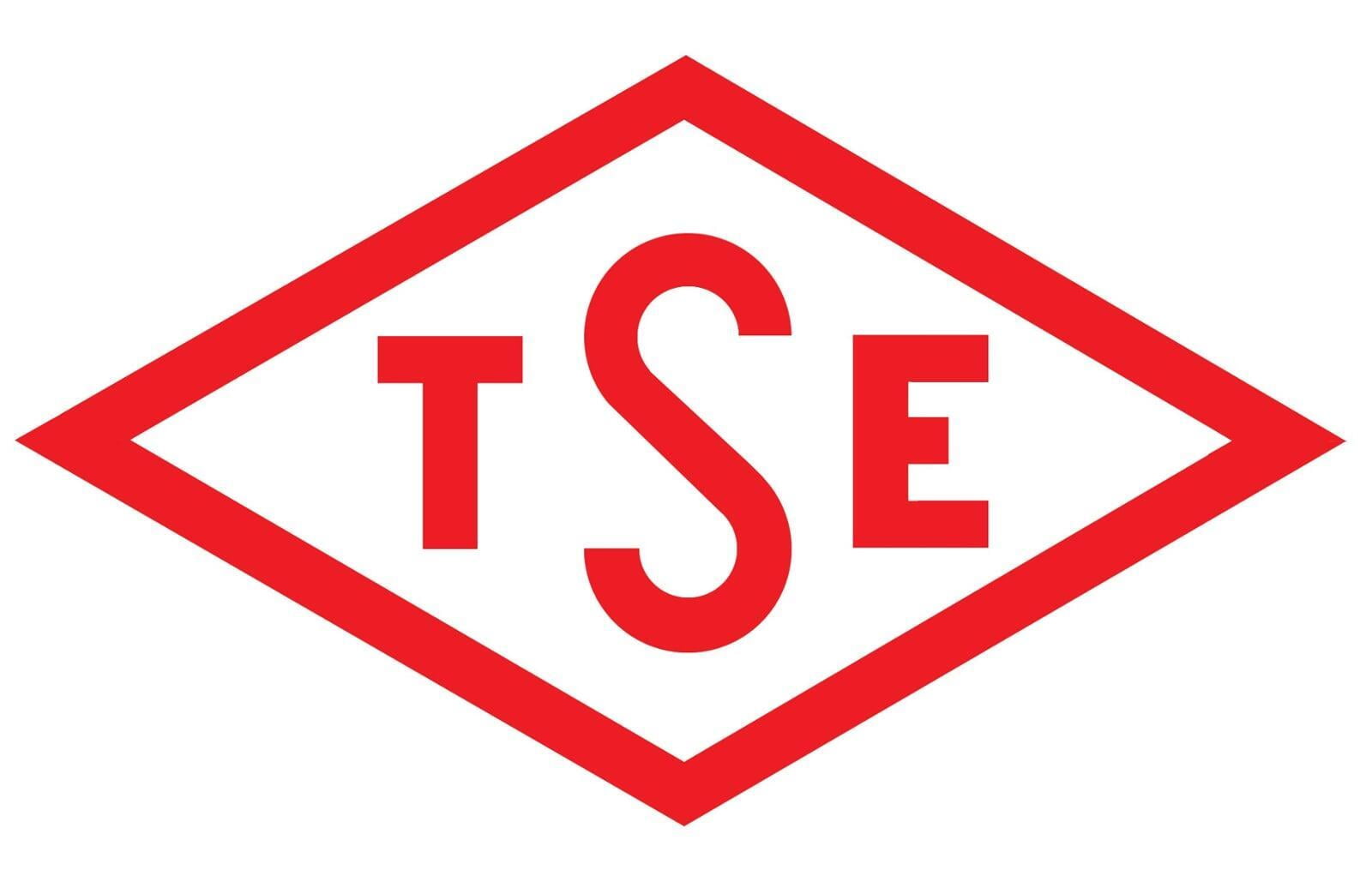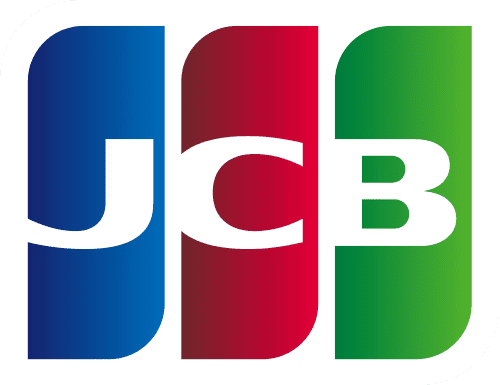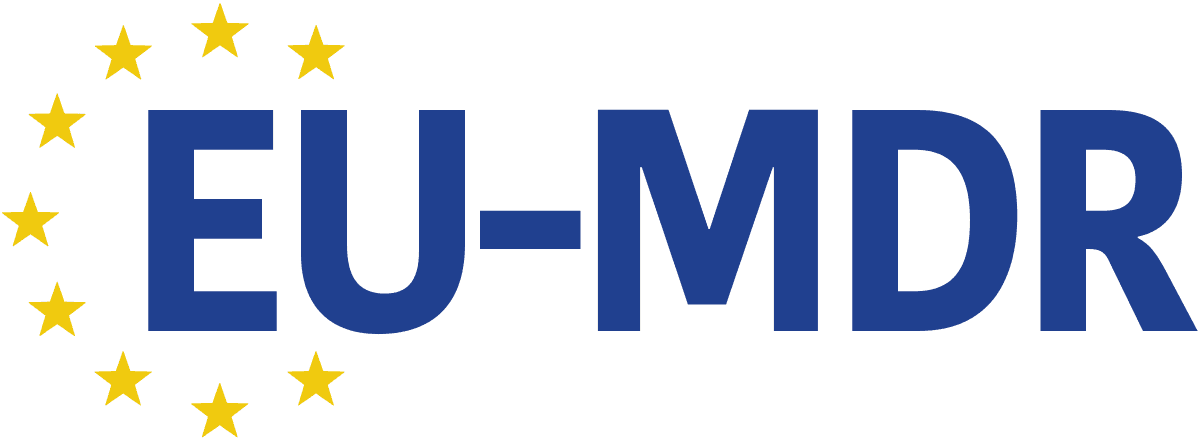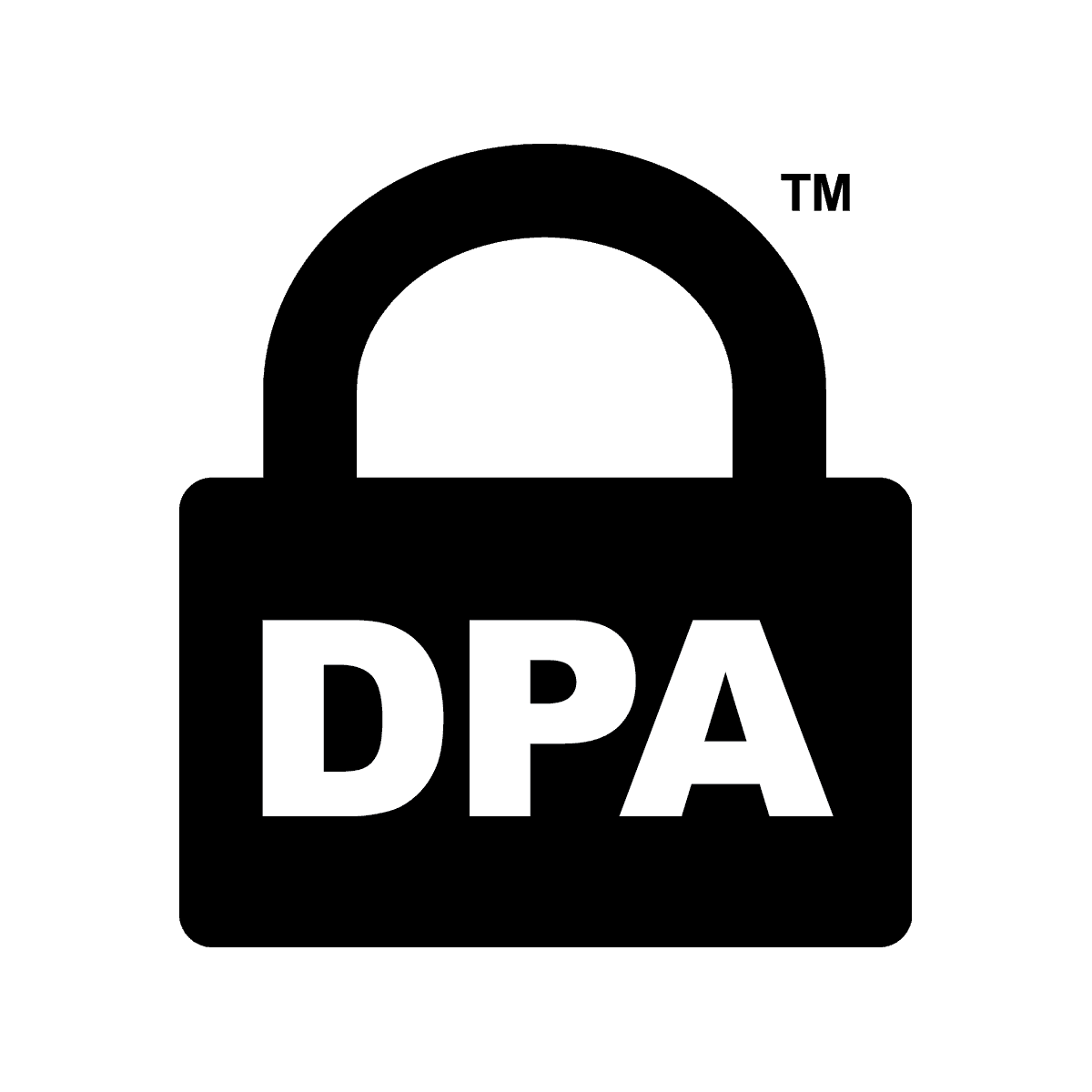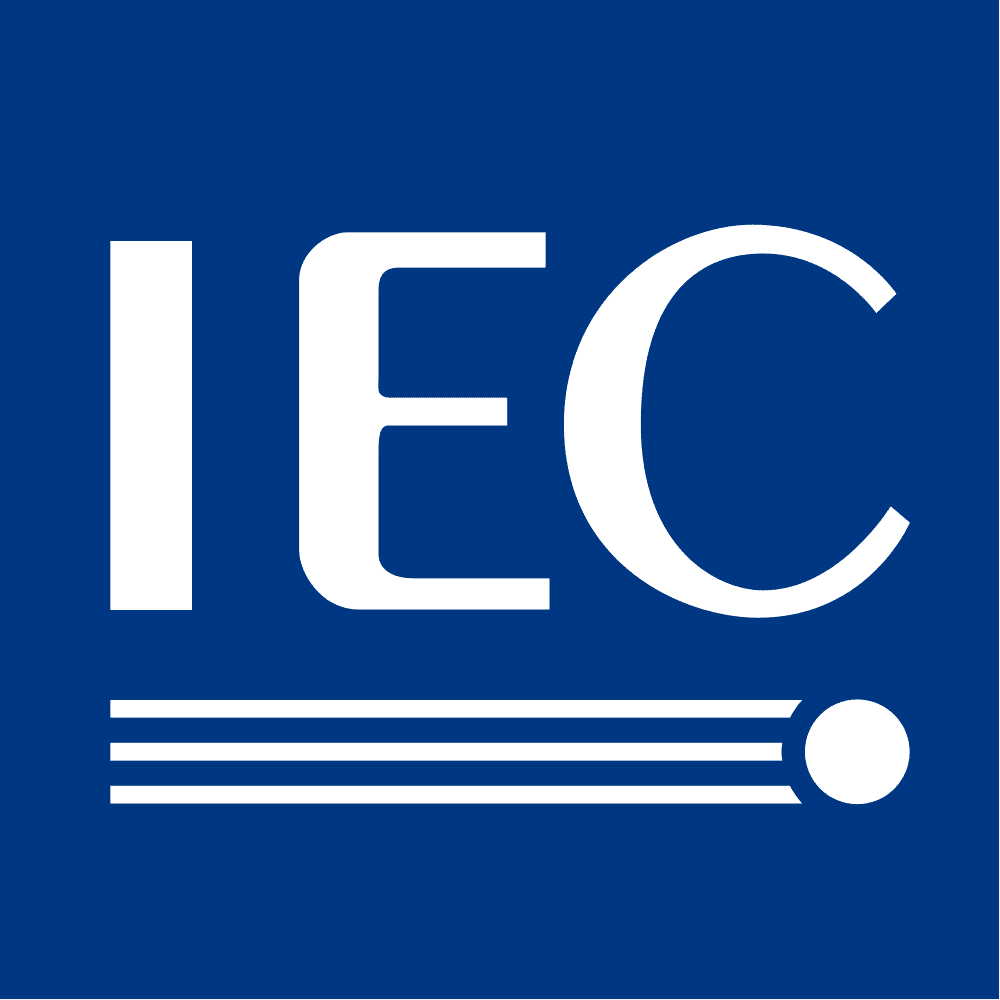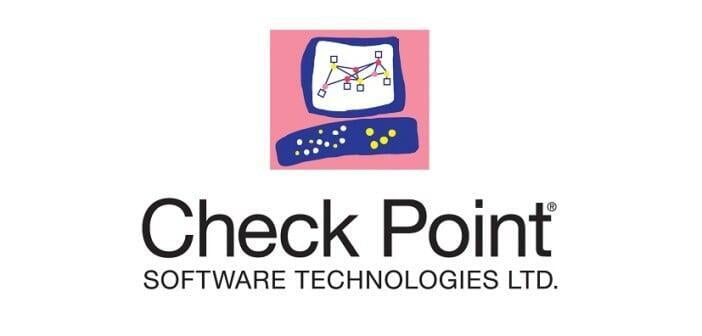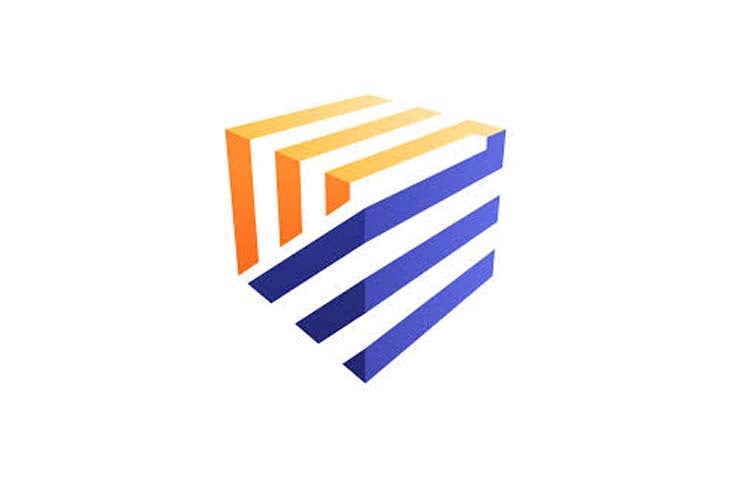Featured news
Following Brightsight’s successful assessment, Samsung’s U100 becomes the first UWB device within the Car Connectivity Consortium’s Digital Key program to be awarded a SESIP Assurance Level 3 certificate under this profile.
Brightsight's evaluation of an ePasslet FIDO2 authenticator secures first commercial product certification at the highest level 3+
Eviden’s cryptovision ePasslet Suite running on Infineon’s SECORA™ ID V2 platform pioneer the market by reaching the highest FIDO2 certification level 3+ for their authenticator solution.
Brightsight CB formally licensed by the Dutch NCCA to conduct certification activities for the EUCC scheme.
Brightsight Certification Body (CB) is proud to announce the issuance of its inaugural SESIP certificate, marking a significant milestone in the company’s growth in security certifications.
Featured events
10-12 March
Nuremberg, Germany
Webinar: Understanding EN 50764: The CRA Harmonized Standard for Smartcard Platforms and Secure Elements
17 March
16:00 CET (UTC +1)
24-26 March
Brussels, Belgium
Our services
Simplify your certification journey. Choose Brightsight—your one-stop service.
Why Brightsight?
Brightsight is an independent lab and a certification body. For your convenience, we integrated the evaluation and certification services—all under one roof—to simplify your certification journey.
Brightsight CB operates impartially and independently as both a Certification Body (CB) and an IT Security Evaluation Facility (ITSEF), ensuring that certification processes remain transparent and unbiased.
Why choose us?
- Predictable evaluation and certification processes.
- Fair and impartial decisions.
- Responsive and transparent communication.
- High-quality independent services driven by integrity.
What makes Brightsight different?
- A certification partner who speaks your language.
- All under one roof: independent lab and certification services, integrated for your convenience.
- One team, one facility, one goal: seamless CB–ITSEF collaboration.
- Short communication lines between CB and ITSEF.
- Familiar faces: our experts understand your product and markets you aim to target.
- Shared in-house knowledge: all Common Criteria schemes and working groups.
- Efficient approach: re-using results from previous assessments of the same product line.
- We are all Brightsight and that makes all the difference.
Addressing your security evaluation challenges

Smooth and efficient security evaluation journey
We don’t just tick boxes. We take you on a full journey to help you understand what the best options are for you.
We are accredited by 50 leading organizations and schemes. We own a lot of intellect on certification or approval that can help you in your journey.
Offering you complete one-stop-shop services. We offer pre-evaluation services as preparation for evaluation, are a cybersecurity lab to validate compliance and a certification body to certify your product.
You can count on our reliability and predictability and benefit from combined strengths of integration with SGS.

Customer-centric focus
We balance the right level of security with time to market by offering a transparent planning.
You can count on a flexible evaluation approach, where possible.
Offering local presence for smooth and clear communication as well as compliance with local schemes.
Delivering high-quality evaluation technical report.
Reusing intelligence from past projects to speed up time-to-market.
Your success is our priority.
Scheme recognition
As a laboratory recognised by more than 50 international schemes, Brightsight offers efficient security evaluations by reusing results or combining evaluations, where possible.
Brightsight is the leading laboratory in Common Criteria security evaluations. We have 40 years of experience in Common Criteria, the most widely recognised and comprehensive IT security standard in the world that can be used to certify any IT system or device. We work with 10+ Common Criteria schemes worldwide.
What customers and partners say about our security evaluation services
Stefan Mitov
Technical Support from Department of Innovative Technologies, Datecs Ltd.
Kalaiselvam Suruddaiyan
Product Security Certification Expert, Infineon Technologies
Chang Feng
CEO of CEC, Huada Electronics Design Co, Ltd.
"Brightsight’s team’s approach, knowledge, and attention to detail played a big part in making this a successful endeavor. This certification provides recognition and third-party technical validation, which will facilitate widespread adoption and deployment of our products globally.”










